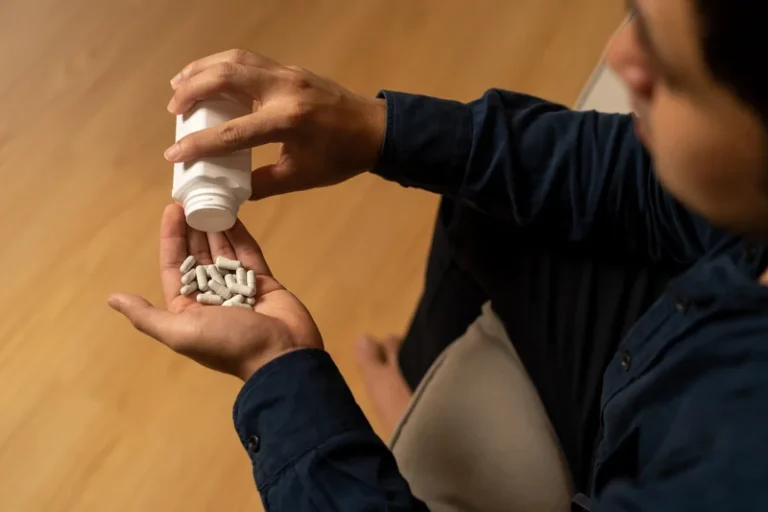
In clinical studies of Eliquis, there were no major differences in side effects between older and younger adults. You can also help prevent interactions with Eliquis by taking it exactly as your doctor prescribes. Here are some frequently asked questions about Eliquis and possible interactions.
- INR is used to describe the results of a lab test called prothrombin time (PT).
- Eliquis contains the active ingredient apixaban and belongs to the anticoagulant (blood thinner) drug class.
- Department of Agriculture, moderate drinking is up to one drink per day for women and up to two drinks per day for men.
- Overall, if you are in good health and don’t over-consume alcohol, Eliquis is generally considered to be safe when combined with it.
How does Eliquis affect INR?
Keep reading to learn about the possible interactions of Eliquis. And for more information about Eliquis, including details about its uses, see this article. Overall, if you are in good health and don’t over-consume alcohol, Eliquis is generally considered to be safe when combined with it.
FAQs about Eliquis and interactions
- Eliquis can increase your international normalized ratio (INR).
- In clinical studies, allergic reactions were rare in people taking Eliquis to prevent blood clots.
- By themselves, antacids usually don’t interact with Eliquis.
- However, other over-the-counter (OTC) pain relievers are known to interact with Eliquis.
- A more neutral effect was found with stroke deaths and non-fatal strokes.
Physicians can provide personalized advice based on your individual circumstances. But before taking a zinc supplement, be sure to talk with your doctor or pharmacist. They can check whether zinc interacts with other medications you may take or medical conditions you may have. If you need a vaccine, tell your doctor or pharmacist what medications you take. They can let you know whether it’s safe to get the vaccine.

Common questions about Eliquis and interactions
- About 30 grams of alcohol — equating to two standard drinks — can lower fibrinogen levels, which can affect blood clotting.
- Clotting factors are made by the liver and help stop bleeding.
- Eliquis is a type of drug called a direct-acting oral anticoagulant (DOAC).
- Alcohol can also affect the action of platelets, which are the components of the blood that form clots.
- And if bleeding can’t be controlled or is life threatening, you may be given a drug to reverse the effect of Eliquis.
This is because the drug may cause serious bleeding, which could worsen any bleeding you already have. Your doctor can recommend other treatments that may be better for your condition. To learn more about the interactions of Eliquis, keep reading. For additional information about Eliquis, including details about its uses, see this article. The more common side effects tend to be mild bleeding issues such as nosebleed… Other medications in this category include Xarelto (rivaroxaban), Savaysa (edoxaban), and Arixtra (fondaparinux).
Does Eliquis affect how other medicines work?
Before approving coverage for Eliquis, your insurance company may require you to get prior authorization. This means that your doctor and insurance company will need to communicate about your prescription before the insurance company will cover the drug. The insurance company will review the prior authorization request and decide whether the drug will be covered. The actual price you’ll pay depends on your insurance plan, your location, and the pharmacy you use. To help make sure you don’t miss a dose, try setting a reminder on your phone. Below are answers to some questions you may have about taking Eliquis.
- Thanks to generous benefactors, your gift today can have 5X the impact to advance AI innovation at Mayo Clinic.
- Before you start taking Eliquis, tell your doctor and pharmacist about any prescription, over the counter (OTC), or other drugs you take.
- To prevent these blood clots, you’ll start taking Eliquis 12 to 24 hours after your surgery.
- The label may have colored stickers that mention an interaction.
- If you have questions about drug interactions that may affect you, talk with your doctor or pharmacist.
Increased Risk of Gastric Ulcers and GI Bleeding with Chronic Alcohol Usage
Eliquis makes your blood less able to clot, and the most common side effect of this is bleeding. For example, it might take longer than usual to stop bleeding if you cut yourself. If you’re concerned about your blood pressure while taking Eliquis, talk with your doctor. In clinical studies, no significant side effects were seen in healthy people who took much higher doses of Eliquis than this.
What should I know about stopping Eliquis treatment?

But as with any drug or supplement, talk with your doctor before using cannabis with Eliquis. If you’re concerned about your medications interacting with any lab tests you have, talk with your doctor. Before you start taking Eliquis, talk with your doctor if any of the factors above https://ecosoberhouse.com/ apply to you. Your doctor can determine whether Eliquis is safe for you to take. Your doctor likely won’t prescribe Eliquis if you’ve had an allergic reaction to the drug or any of its ingredients. You can ask your doctor about other treatments that may be better options for you.
Eliquis and alcohol
Taking certain HIV drugs with Eliquis can increase the level of Eliquis in your body. Taking one of these drugs with Eliquis beer and eliquis can raise your risk of bleeding. Taking certain antifungals with Eliquis can increase the level of Eliquis in your body.
